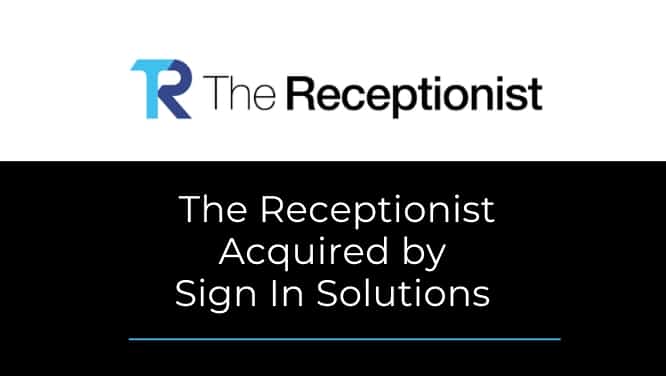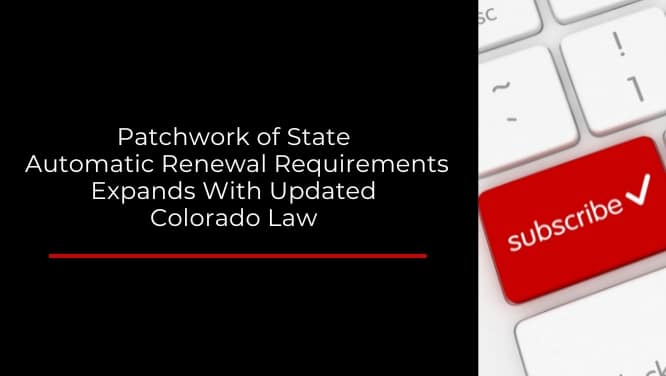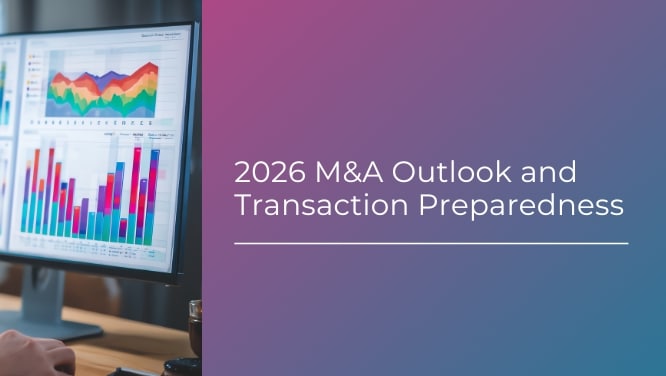Closing M&A Deals in the “New Normal”

- Jennifer Rosenthal
- |
- September 29, 2020
Today, many have the misperception that M&A deals aren’t getting done because of the ongoing COVID-19 pandemic, or that the only deals closing are distressed deals that are unfavorable to the seller. But there’s more to the story.
While we have seen a shift from a seller-favorable market to a more buyer-favorable market in the last several months, acquirers still have cash and deals are closing at full value across many industries. We’re seeing more than opportunistic buyers snapping up distressed assets. No matter which side of the deal you’re on, there are a few key adjustments that can help facilitate the M&A process and get your deal done.
How to handle remote due diligence for M&A deals
With many companies still limiting travel for the foreseeable future, there are some in-person, limitations disrupting the traditional due diligence process. In some current and recent M&A deals, parties in transactions have never met, let alone toured facilities, done site visits or evaluated physical assets.
Like most industries doing business in the new normal, this is being solved by more video conferencing and time on the phone. In some cases, buyers are supplementing their due diligence by using third-party reports, video inspection or hiring third parties to look at physical assets.
There’s also been more dependence on reps and warranties because in some cases, due diligence can’t be completed in the way it traditionally would. In the event due diligence can’t be performed in person, we’re seeing that buyers are increasingly relying on sellers’ representations and warranties rather than tying out some of the more physical aspects during the diligence process.
If sellers’ statements prove to be untrue and representations and warranties are breached, buyers would seek indemnification – through insurance, escrow or a buyer hold back – to recover losses.
If you anticipate physical limitations in an M&A deal, consider communicating via video chat, hiring a third party to inspect assets or placing more on reps and warranties to streamline those parts of the M&A process.
Look beyond traditional financing to keep M&A deals moving
In industries that have stabilized or grown since the start of the pandemic and economic downturn, many deals are moving forward as originally planned, or even accelerating. In these scenarios, sellers are not taking a valuation hit. For industries and companies that are still dealing with challenges, it’s valuable to look beyond traditional forms of financing to acquirers that already have cash on hand.
Traditional bank loans and financings come with required diligence and covenants that borrowers have to comply with and which can be a challenge in the current climate. But other types of acquirers like strategic buyers and private equity (PE) funds have reserved capital on hand and typically have fewer covenant and other compliance constraints.
Recently, we’ve seen strategic buyers being more active and able to move more quickly than financial buyers that have to obtain third-party bank financing rather than relying on reserved capital.
In addition to looking at alternative forms of financing and other types of acquirers to help close deals during this unprecedented time, buyers and sellers can also consider deal terms and provisions like COVID add-backs and EBITDA adjustments, earn-out provisions and material adverse effect (MAE).
PPP loans could impact your M&A deal
More than 5.2 million Paycheck Protection Program (PPP) loans totaling $525 billion were approved by the Small Business Administration (SBA) with an average loan size of $100,729, according to the Denver Business Journal.
For business owners who sought relief from the pandemic through a PPP loan or other tax provisions under the CARES Act, it’s critical to flag that early in the deal process. As banks delay or change their forgiveness programs and without additional guidance and clarification from the SBA, both banks and buyers are taking different and inconsistent approaches to handling PPP loans in M&A transactions.
Additionally, there are different implications for various types of equity, asset and stock transactions, so PPP loans should be considered on a case-by-case basis. It’s critical to talk to an expert early in the M&A process about how to account for a PPP loan.
Working with smart, experienced corporate counsel and making a few key adjustments can help businesses, buyers and investors navigate the new normal to successfully close M&A deals today and going forward.
Jennifer Rosenthal is a corporate partner at Koenig, Oelsner, Taylor, Schoenfeld & Gaddis PC (KO Law Firm), an innovative corporate and commercial law firm with a team of experienced lawyers and a practical, efficient, business-focused approach. Founded in 2003 on the philosophy that a different approach delivers better value, our business-first legal and industry expertise helps established brands and emerging companies achieve meaningful business outcomes. KO is headquartered in Denver and Boulder, Colo., and serves the software and SaaS, retail and manufacturing, professional services, energy, food, beverage and consumer goods, eCommerce and internet, healthcare and life science and ancillary cannabis industries. Reach Jennifer at [email protected].




